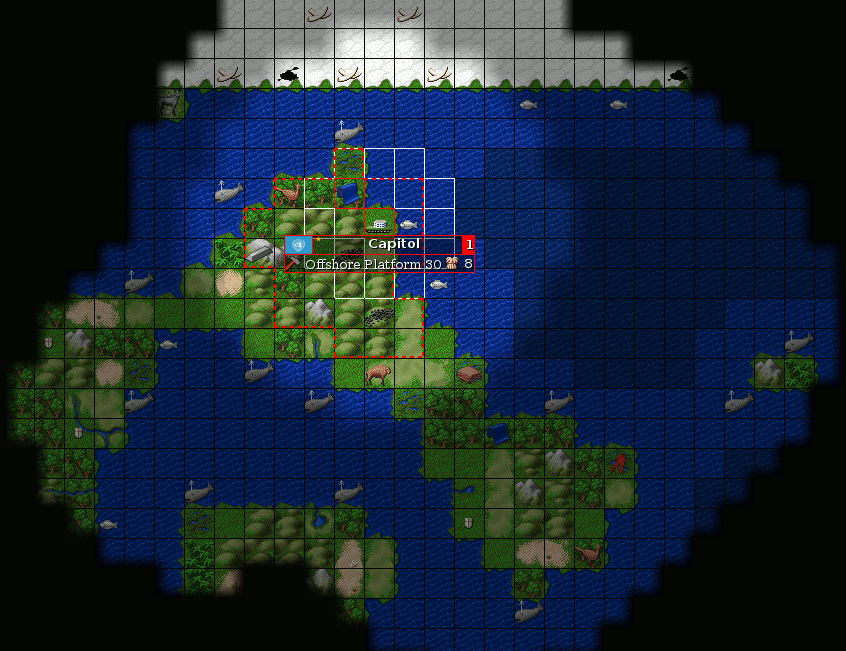
We all know "cyclers" don't work...
So it might surprise you to discover that they actually make a very useful yet simple game-mechanic to underlie a surprisingly useful economy simulation.
Imagine brands colonising brave new worlds, setting up the initial industries late-comers are going to depend on for the tools their own industries are going to require.
A "cycler" position bought can represent an initial outlet or manufactory. It needs a location, office and/or manufacturing furniture and/or machinery, office or shop supplies, all kinds of things pre-existing industries provide.
All that stuff loses value the moment it is bought, and as the colony or civilisation develops the resale value of such things goes down and down.
In the #Galactic-Milieu we make use of the way "cyclers" degrade in usefulness to new users over time and benefit early adopters by using a treasury-based "cycler" system in which the first list or queue of "positions" derives its "liquidation value" per "position" by dividing a "treasury" (consisting of all assets paid in originally for newly minted "positions") by the number of "positions" left in the list aka queue.
The "cycling" is binary, meaning each second "position" minted "cyles" the first postion of the list aka queue.
The cycling moves the cycled postion to the end of the queue while also minting it a position on the next queue. Positions on the ever-growing number of "next queues" have no intrinsic value, in that they do not share in the "treasury". Their value lies in their function, which is in their own "cycling".
When a "next queue" position cycles, it moves to the end of the original queue while also minting a position on the queue that is its own "next queue". (Meaning if it is on list two it mints onto list 3, if on list n it mints onto list n+1 and so on.)
Thus the value of positions on the "next queues" lies in the fact that their cycling adds positons to the end of the original queue, which of course do share the "treasury".
This simple but powerful mechanic allows the positions on the "next queues" to represent intangibles and semi-intangibles, "goodwill", "brand recognition", being an established / famous part of culture and so on and so forth.
It also allows the creation of new industries or businesses or suchlike to benefit established players in that niche or economy and provides using a very simple mechanic a situation in which latecomers have a harder and harder time becoming profitable in a field already well established by others.
It also creates a niche for "liquidators" who do not necessarily actually "liquidate", having the option to simply hang on to positions they buy second-hand rather than truly liquidate them in the sense of deleting them from the list in return for the postion's share of the "treasury". A lively trade in second-hand positions can result, and of course the possibility also exists of trading in positions on the various "next queues" too, simulating things like the sale of "brands" or the re-assigning of some famous historical or cultural significance to a new beneficiary.
Games can also of course help "force" new positions to be created by doing things like requiring any new businesses created to obtain a newly minted "position", maybe even making that a pre-requisite needed before being allowed to purchase any second-hand positions.
Thus although as online marketers should know "cyclers" do not "work", nonetheless a suitable adaptation of the idea can actually be a very useful and powerful abstraction as a game-mechanic in economy simulations.